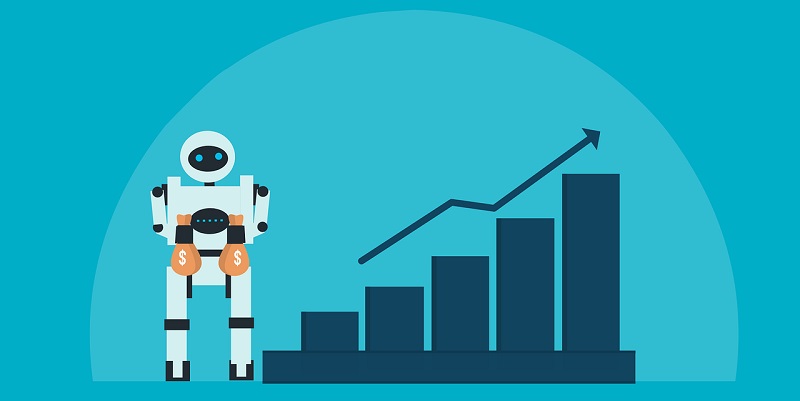Technological advancements driving the evolution of the marketing automation market include artificial intelligence (AI). The use of AI in marketing automation is a game-changer as this technology helps predict customer needs, deliver hyper-personalized content, and optimize campaigns in real-time. The advanced algorithms in automation solutions enable the analysis of customer data and provide insights that help businesses make informed decisions about their marketing strategies.
Machine learning is a subset of AI that enhances marketing automation by making it more customer-centric. With machine learning, automation solutions can automatically identify patterns and make recommendations for future marketing campaigns. The technology also allows the automation solution to self-improve by analyzing its performance and optimizing strategies over time.
Shift in Customer Expectations and Marketing Practices
Today, customers expect a more personalized experience from businesses. They want the businesses they patronize to know their preferences, anticipate their needs, and deliver an overall exceptional experience. Automation solutions that incorporate AI and ML are uniquely positioned to meet these expectations. Furthermore, marketing automation solutions have evolved to leverage new marketing practices like account-based marketing, social media marketing, and email marketing.
Creating Customer Profiles
Leading vendors are investing heavily in AI to create detailed customer profiles. Automation solutions use AI to track customer behavior, preferences, and engagement history. This information helps businesses craft targeted marketing campaigns that deliver personalized content across multiple channels. AI-powered automation solutions can help businesses predict customer demand by analyzing data from various sources. The technology enables predictive modeling, allowing businesses to anticipate future customer behavior and purchases. This approach enables businesses to be proactive in delivering targeted campaigns that meet specific customer needs. Automation solutions that incorporate AI and ML offer hyper-personalization capabilities. With this technology, businesses can deliver targeted messages to customers based on their individual preferences and needs. Hyper-personalization helps businesses form deeper connections with customers and drive engagement across multiple channels.
Focus on Digital Experience Platforms
Digital Experience Platforms (DXPs) are becoming increasingly important for businesses in their marketing automation efforts. DXPs provide a seamless end-to-end experience across multiple marketing channels, including web, mobile, and social media. Automation solutions that incorporate DXP technology help businesses create a unified customer experience and drive customer engagement across multiple channels.
Value Matrix of Marketing Automation Providers
According to Nucleus Research’s 2023 Marketing Automation Value Matrix, the leading vendors in the market include ActiveCampaign, Adobe, HubSpot, Oracle, Salesforce, and SugarCRM. These vendors deliver advanced functionality without sacrificing ease of use at scale.Expert organizations provide value to customers with complex use cases through deep functionality and industry-specific capabilities. These vendors include Marketo, Pardot, Eloqua, and MarketMuse.Facilitators deliver value through greater ease of use and quick implementation. These vendors include Zoho Campaigns, Mailchimp, and Campaign Monitor.Core providers include Drip, Klaviyo, and Sendinblue. These vendors are highly specialized and offer deep functionality in a specific area of marketing automation.
AI and ML are rapidly changing the landscape of marketing automation. Automation vendors are incorporating AI and ML into their offerings to stay ahead of the curve. The rise of AI and ML technology signifies a significant shift towards hyper-personalized, AI-driven, and omnichannel marketing strategies.
Shifting towards AI-driven, hyper-personalized, and omnichannel marketing strategies is becoming increasingly important as competition in the marketing automation market evolves. These strategies provide businesses with a competitive edge by delivering personalized content across multiple channels, anticipating customer needs, and offering a seamless customer experience.

